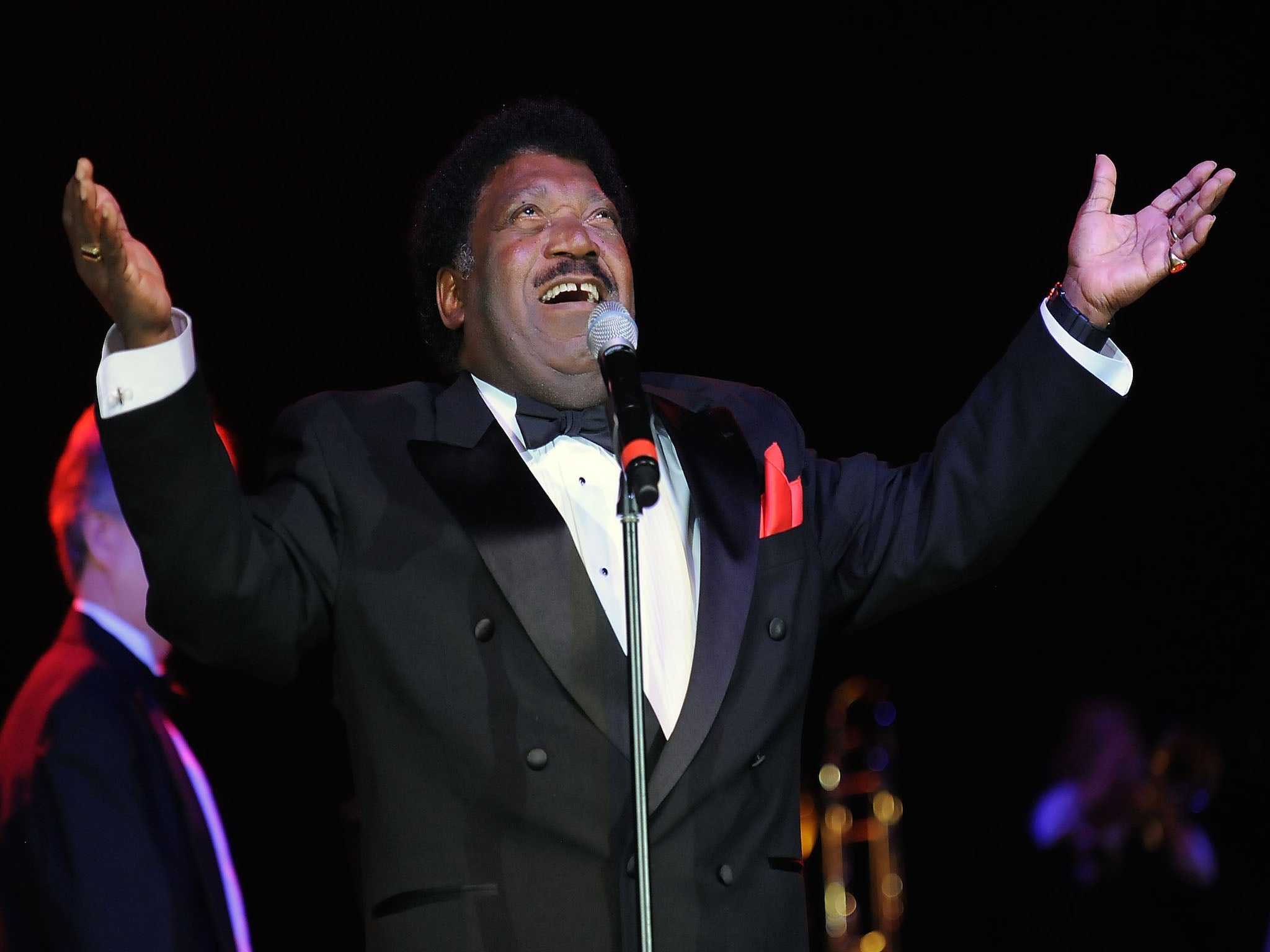Will anyone remember Professor Green, Meghan Trainor or Robin Thicke?
One person’s cultural titan is another’s blank page

Your support helps us to tell the story
From reproductive rights to climate change to Big Tech, The Independent is on the ground when the story is developing. Whether it's investigating the financials of Elon Musk's pro-Trump PAC or producing our latest documentary, 'The A Word', which shines a light on the American women fighting for reproductive rights, we know how important it is to parse out the facts from the messaging.
At such a critical moment in US history, we need reporters on the ground. Your donation allows us to keep sending journalists to speak to both sides of the story.
The Independent is trusted by Americans across the entire political spectrum. And unlike many other quality news outlets, we choose not to lock Americans out of our reporting and analysis with paywalls. We believe quality journalism should be available to everyone, paid for by those who can afford it.
Your support makes all the difference.Three months into the job, has the Controller of Radio 3 been caught out insulting his audience? On Radio 4’s most recent edition of Feedback, Alan Davey was bemoaning the cultural lacunae in the minds of the listenership, fondly harking back to the days when most of them could have hummed the overture to Tannhäuser, knew that Beethoven’s late string quartets were freighted with intimations of mortality, and were aware that he was deaf when he wrote them.
“If you look back at the Third Programme, they were bringing high culture to a relatively mass audience, but they could assume that their audience knew everything,” Davey said wistfully. “They did not need to have the ins and outs of classical music explained to them.”
He’s not abusing the Radio 3 listenership at all – because he’s absolutely right. He went on: “The modern audience might not be getting the same education in music in school as they might have done a few years ago – not consistently so, anyway.”
As the dad of a 13-year-old and 10-year-old at state schools I can attest that their classical-music education has been perfunctory at best: the older one recalls learning a bit about Bach and Handel. But the only classical music they’re really aware of is what they’ve picked up at home – which isn’t much, I’m ashamed to say. They’re often around when Radio 3’s on, but I’d call them “hearers” rather than “listeners”.
But if Davey is right about the lamentable state of music education, what he’s also talking about is the way cultural figures fall through the generation gaps. It’s a standard trope of newspaper-office life for grizzled old hacks to profess shock when some singer or actor from their own salad days means nothing to younger colleagues.
When Percy Sledge died last week, most people of a certain age in the Independent offices knew that he’d sung “When A Man Loves A Woman”, one of the greatest soul records ever made. But for many below that certain age he was just a name – or perhaps not even that.
It’s the same in other fields. Günter Grass, a card-carrying, nailed-on cultural giant, died the day before Sledge – and I wonder how many twentysomethings could name a book by him other than The Tin Drum (thanks to the film adaptation, mostly), or be able to dredge up any Grass-fact other than the scandal a few years ago when he recalled for the first time his teenage conscription into the Waffen-SS?
What will be the musical touchstones from our generation about which the youth of today will be expounding to the office juniors in decades to come? Professor Green, Meghan Trainor and Robin Thicke? Or George Benjamin, Judith Weir and John Adams? I’d rather not speculate. Perhaps the best we can hope for is that names from both sides of the posh-popular divide will live on.
When the Third Programme kicked off in 1946, its first head, Sir George Barnes, could rely on his listeners’ cultural savvy. “We are going to provide the programme, not the programme note,” he warned. For Alan Davey the requirements are different. Many modern listeners do need programme notes – but presented in such a way that it doesn’t feel like spoon-feeding. As Davey will doubtless discover, in these dumbed-down days, that’s going to be quite a challenge.
Join our commenting forum
Join thought-provoking conversations, follow other Independent readers and see their replies
Comments